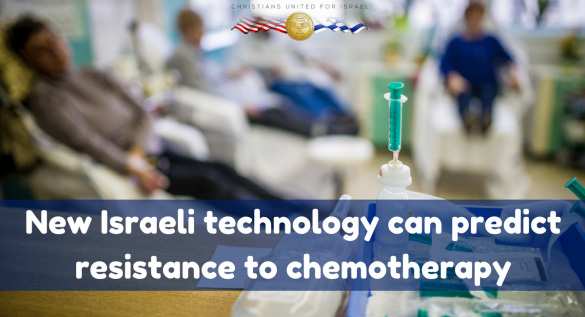New technology can predict resistance to chemotherapy

NewStem, a startup based in Jerusalem, is developing a novel diagnostic kit for predicting resistance to chemotherapy treatments.
The technology is based on the pioneering research of Prof. Nissim Benvenisty of the Azrieli Center for Stem Cells and Genetic Research at the Hebrew University of Jerusalem.
The problem to be addressed by the kit is that chemotherapy — still the mainstay in cancer treatment — often results in the tumor developing resistance to the drugs. This renders the therapy ineffective and unnecessarily subjects patients to powerful pharmaceuticals that cannot knock out the cancer.
Pluripotent stem cells, which are able to differentiate into any given cell type, are used for a variety of applications from basic research to therapeutics. Due to their differentiation ability, one potential use of stem cells is to assess the influence of mutated genes on a variety of cells, physiological processes and drug responses.
However, since pluripotent stem cells, like most human cells, are diploid – meaning they contain two copies of each gene — it is often difficult to generate cells in which both copies of the relevant genes are mutated.
The technology being developed by NewStem enables the generation of fully functional stem cells containing only one copy of each gene (haploid cells), which have a unique capacity in disease modeling.
A unique and broad library of haploid pluripotent stem cells (HPSCs) with different mutations and genetic makeups is what will enable NewStem to develop diagnostic kits for personalized medicine.
Read More: